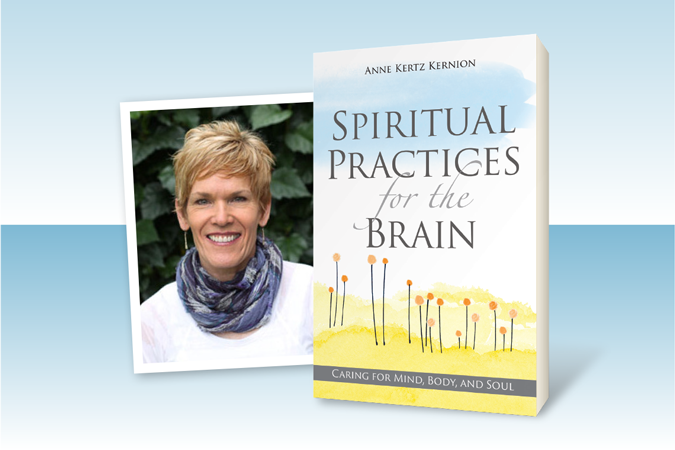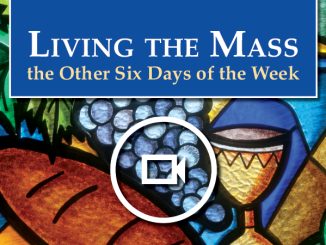We can all practice self-care during these days marked by social distancing, remote learning, and disruptions to our cherished routines. Here are a few spiritual practices that catechists can incorporate into sessions to help nurture the spiritual and physical well-being of young people.
Calls to Mind God’s Presence in Our Lives
- Invite young people to sit up tall, with both feet on the floor. They may close their eyes if they want. Tell them to breathe in slowly while saying to themselves, “I breathe in God’s love.” As they exhale, tell them to say to themselves, “I rest in God’s peace.” Repeat this pattern for one or two minutes. Close this practice by ringing a bell or saying “Amen.”
- Practice deep breathing. Tell participants to count to four as they inhale, pause for a count of one, and then count to six as they exhale. At the end of the exhale, have them pause again for a count of one. This “Four-Six” breathing can slow the heart rate, relieve anxiety, and bring a sense of calmness to the moment. Instead of counting, young people can recite a short saint’s name, such “St. John,” on the inhale and a longer saint’s name, such as “St. Bartholomew,” on the exhale. This can be a fun assignment for the class and a great way to learn about different saints.
Gratitude Exercises
- Play the ABC Gratitude Game. Gratitude is one of the most reliable methods for helping us increase our happiness and life satisfaction. It also strengthens our immune systems, lowers our stress levels, and improves our heart function. Grateful people sleep better, making us more resilient. It also strengthens our relationships. Practice gratitude with a simple game using the alphabet. Ask a young person to name something that he or she is grateful for that begins with the letter A. Then ask another participant to name something he or she is grateful for that begins with the letter B; ask another person to name something he or she is grateful for that begins with the letter C, and so on. Work through the alphabet with your class, taking turns naming a simple blessing that begins with each of the 26 letters.
- Create a gratitude jar. Have each participant clean, decorate, and label a jar with the word “Gratitude” or the phrase, “I am grateful for…” Ask participants to think of three things that they are grateful for and write them on a piece of paper. Ask them to fold the paper and place it inside the jar. Take out the pieces of paper at the end of class (or at a later date, whenever the jar gets full), and share all the gifts God has blessed the group with in their lives. This is also a great activity young people can introduce to their families at home.
These brief practices are little prayer moments, helping us to become aware again of God’s loving presence and the blessings God continues to give us, each day of our lives.
Anne Kertz Kernion, founder of the inspirational greeting card company Cards by Anne, is the author of Spiritual Practices for the Brain: Caring for Mind, Body, and Soul. An international lecturer and retreat leader, Anne holds an MA in Theology from Duquesne University.






Looks excellent. Tried to purchase but process does not allow for shipping to Australia. Wil try other avenues.
Denis
Quinn
Denis, the book should be available through major international sellers, like Amazon, or check with your local bookseller.
Denise Gorss
Catechist’s Journey Editor
Loved these ideas; simple and powerful! The first three can easily be incorporated into Zoom sessions, and the 4th idea could, too, with a little extra explanation and preparation! Thank you!